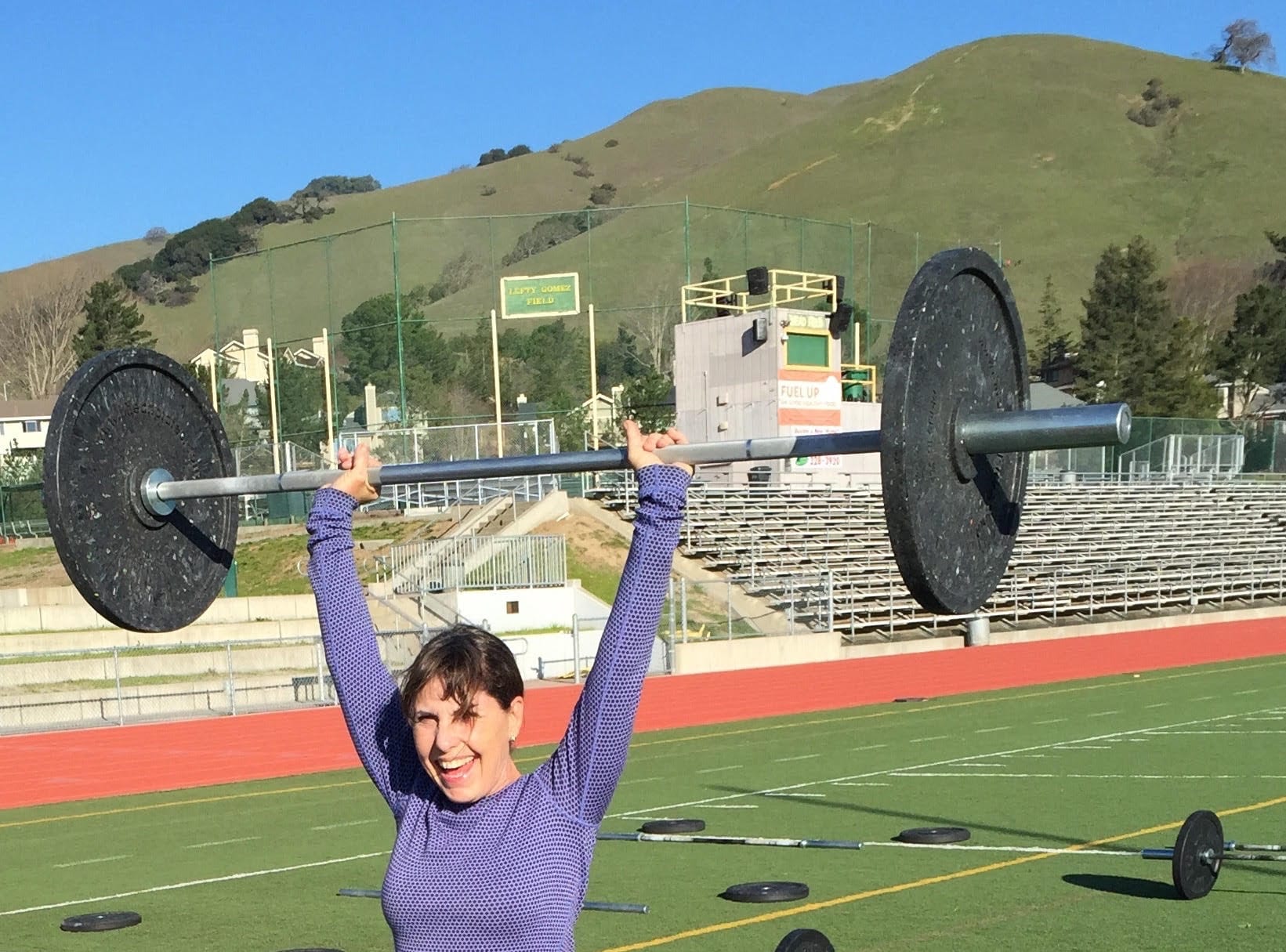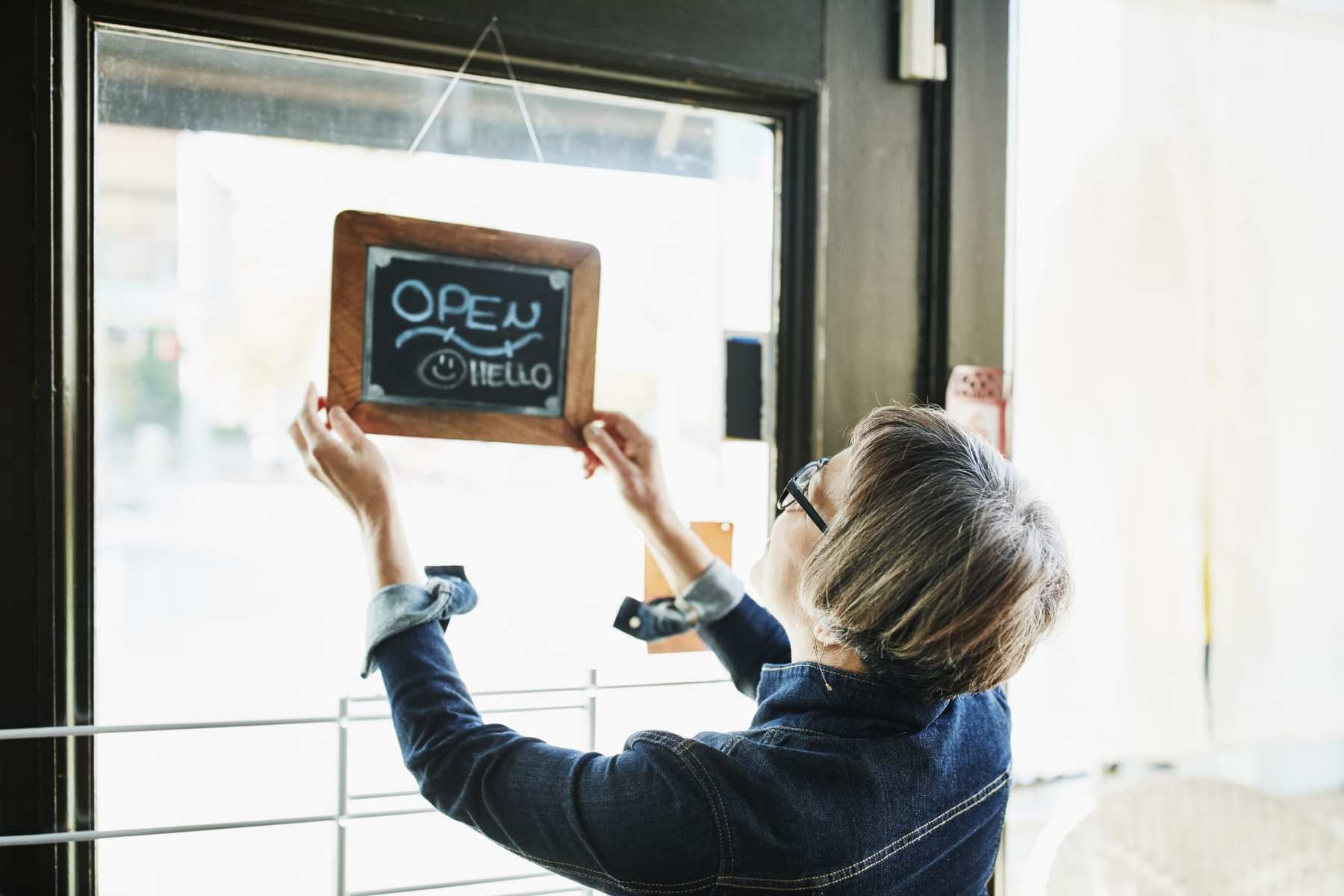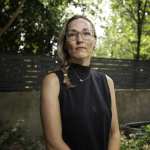Mary Rawles worked full-time as a school teacher while raising two children but noticed over the years as her kids got “fitter and smarter,” she gained more and more weight. She transformed her personal health in her 50s, retired in her 60s and, now, in the midst of a pandemic that has disproportionately isolated older adults, the 73-year-old has launched her first business: online workout classes and weight loss support.
“I wanted to offer the same to other women,” said Rawles, who is based in the Bay Area. “You can still change; it’s never too late.”
Rawles said she has long had entrepreneurial aspirations, but she didn’t have the confidence or foresight to pursue them.
“I used to think of aging as a period of decline,” Rawles said. “For me, so far, the 70s are the most exciting decade I’ve lived. I have more time because I’m not raising kids and I’m retired, so I have a little bit of economic security. Because of that, it’s a time where I can really grow.”
Over the past several years, the number of women-owned businesses climbed to nearly 13 million — 42 percent of all U.S. businesses — and grew at double the rate of all U.S. businesses, according to the 2019 State of Women-Owned Business Report, which is based on U.S. census data.
And researchers found an increase in entrepreneurial activity among older people in the United Kingdom, specifically. When asked why they wanted to set up a business later in life, twice as many women than men said they wanted to realize “a long-held ambition,” according to the report, published in 2020.
For me, so far, the 70s are the most exciting decade I’ve lived.
Mary Rawles
For some, starting a business later in life is a matter of financial necessity. According to a 2018 survey published by SCORE, a mentor network for small businesses, women 65 and older are more likely to do so because they’ve lost a job or need more income. More than 28 percent of those surveyed said they became entrepreneurs because they had to.
Leigh Estes, 61, consults and coaches women who want to rethink, re-launch or reinvent their lives. Estes, who earned an MBA and worked at JP Morgan and Wells Fargo, said she noticed that women were often expected to offer services for free.
“That’s something we’re sometimes expected to do because we’re the nurturing and loving types,” Estes said. “But as part of a generational shift, we can actually charge for these services — both enriching our lives and our own pocketbooks.”
Angel Cornelius, 60, started her business making and selling beauty products as a side hustle while still working as a clinic manager at Texas Children’s Hospital in Houston. At first, she only intended to make products for herself in her kitchen — she had a hard time finding products that worked for her silver hair. Then her friends started asking to buy her homemade body butters and soaps.

For about two and a half years, Cornelius worked all day, came home to work out and eat dinner and then made beauty products until 2 a.m. She retired at the end of 2017 and then focused solely on her business, Maison 276, which has since been featured in O Magazine and Essence.
“I consider my age a strength, because I understand the maturing process, what women need, how we want to be spoken to and how we want to be viewed,” Cornelius said.
Cornelius acknowledges that she wouldn’t have been able to start a business — one of the hardest things she said she’s ever done — while she was raising her two kids. There weren’t enough hours in the day, she said.
“We older women are really tough, extremely competent and definitely innovative because there’s so much we want to see in the world that doesn’t exist,” said Cornelius, who is adamant about creating inclusive products.
Lisa Marrone, the co-founder of Revel, an online community for women who are 50 and older, said she founded the company in 2019 because that demographic is often viewed as “less than” and made to feel invisible. The community currently has about 2,800 members globally, she said.
Marrone was surprised to find that the entrepreneurship forum was by far the most active on the site. The group meets monthly to share tips, including how to get a business off the ground, hire lawyers and acquire venture capital.
One member, 76-year-old Ellen Curtis, was a longtime psychiatric nurse based in Los Angeles who recently pivoted to retail. Curtis was doing at-home detoxes for the rich and famous when her doctor told her last year that her blood pressure was too high and encouraged her to consider a career change. Now, Curtis sells upcycled jean jackets and hand-sewn face masks. Eileen Spitalny, a 54-year-old Revel member, runs a bakery in Phoenix, Arizona. And 52-year-old Kelley Nayo Jahi recently launched her third business in November, a group gift service that offers products from Black and Latinx small business owners.

“I had three young kids at home, my oldest was just 11 and I was newly divorced when I started my first business,” said Nayo Jahi, who is based in Oakland, California. “It mattered to me that I be with them. But I didn’t have any role models that were entrepreneurs, so I was just winging it. I held many meetings from closets.”
Teri Cox, 73, started her jewelry business after she retired from a high-stress career in property management and real estate. It had been a longtime dream of hers, and she finally had the time and focus with her daughter grown and moved out. There’s still lots of living to do, Cox said.
“Women have taken that leap of faith to carve a niche for themselves,” she said. “The people that I’ve encountered are very happy. A lot of us said we should have done this long ago.”





